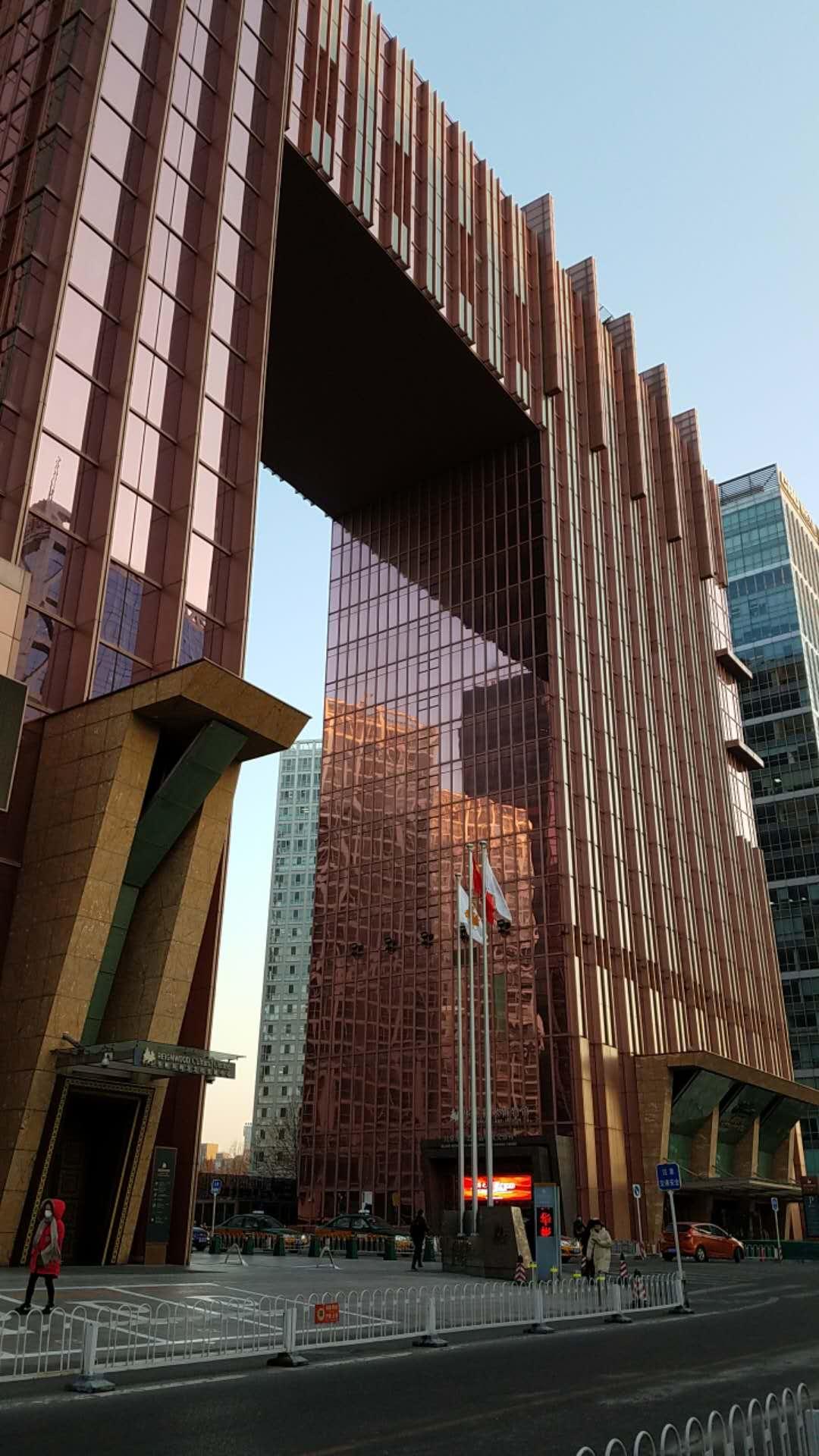In autocratic China, leakers beware
Former home to Beijing 'Panama Papers' office for Panamanian law firm Mossack Fonseca. The law firm had more clients in China than in any other country.
When the Panama Papers linked President Xi Jinping's brother-in-law and relatives of seven other one-time members of China's top leadership to offshore companies, the authorities reacted quickly. They ordered censors into action, and then returned to business as usual.
"The only thing government did was very carefully remove all references in the Chinese language from websites and from social media," said China-based lawyer Steve Dickinson.
Although offshore companies can be used for legitimate business purposes, they can also be used to obscure illicit financial transactions.
"I personally think that the people who run China all want the opportunity to send their assets off-shore, so no one in China has a motivation to make a big deal out of it," said Dickinson. "No one got in trouble."
There was trouble, however, for the editor-in-chief at the Hong Kong newspaper Ming Pao, which participated in the Panama Papers investigation, spearheaded by the International Consortium of Investigative Journalists (ICIJ).
Hong Kong is governed independently from Beijing, and has legal protections that guarantee freedom of press.
But when Ming Pao removed editor-in-chief Kevin Lau after he partnered with ICIJ, and shortly thereafter Lau was later stabbed in broad daylight, media watchdogs warned of threats from China to media freedoms.
This fits with a pattern common in China of using intimidation to punish those who reveal information authorities want concealed, or to deter ordinary citizens from speaking out about social issues in the news.
Take the case of a group of anti-corruption activists, called the New Citizens' Movement. As China's president Xi Jinping declared the fight against corruption a centerpiece of his leadership, lawyers and activists jumped into action. They unfurled banners in public calling for government officials to publicly disclose their assets. This did not end up well for the grassroots organizers, says Sophie Richardson of Human Rights Watch.
"Many of these activists were essentially saying the same things that state authorities themselves were saying except that the activists then got prosecuted for releasing sensitive information or simply having raised the topic in the public domain."
Several ended up in jail with sentences of up to six-and-a-half years.
Increasingly, China is using artificial intelligence and other advanced technologies that will enable it to identify and find anyone who doesn't stick to approved narratives. The government is compiling massive biometric databases. In the far west province of Xinjiang, home to the Uyghur Muslim minority group, the government is collecting DNA. Richardson says one one voice recognition tool alerts authorities when two erstwhile strangers meet more than twice within a period of time.
Other recent applications of artificial intelligence include facial recognition glasses used by police.
The technologies can be used to fight crime, but in China they can also be used to pick up those who speak out against the state, an action that can result in vague charges such as "picking quarrels and provoking trouble."
China is also finding a market for such technologies beyond its borders.
Dickinson has clients in the internet business that have lost contracts because other governments are attracted by China's package including censorship and surveillance options.
"There's a war going on in the IT area," said Dickinson. "When China and Russia sell network related technology to developing countries, they sell the network control technology with it."
In the US, Chinese surveillance and efforts to suppress free speech can also take more traditional forms. Wang Dan, a former student leader of the 1989 Tiananmen Square anti-corruption protests that ended in bloodshed, recently penned an op-ed piece for the New York Times alleging Chinese spying in the US.
He described the chilling effect intimidation tactics have had on students from China.
"The Chinese Communist Party is extending its surveillance of critics abroad, reaching into Western academic communities and silencing visiting Chinese students," wrote Wang in 2017, following a three-month tour of US college campuses. "One student told me that during one of his home visits to China, he was pressured to spy on others in the United States."
Meanwhile, there are signs that China is seeking international approval for its methods of governance.
In the wake of President Donald Trump's "America First" rhetoric, China's President Xi Jinping has doubled down on boosting China's global leadership, with the stated goal of "building a shared future for mankind." The Chinese leader, citing "the drawbacks of capitalism-led political and economic systems," is calling for an evolution of the global governance system.
Though Xi has not provided specifics, Rowena He, assistant professor of history at St. Michael's College in Vermont, says China wants a bigger say in global affairs.
"It used to be, quote unquote, 'The West' is the center of civilization. Now it's our turn. We are going to decide how the game is played."
He, who wrote about dissident Wang Dan in "Tiananmen Exiles: Voices of the Struggle for Democracy in China," a book banned in China, says authorities in Beijing would like to see a reassessment of values enshrined in the Universal Declaration of Human Rights. China would like to silence critics of its lack of freedom of speech and freedom of association.
"China's ultimate goal is to use democracy to undermine democracy."
Our coverage reaches millions each week, but only a small fraction of listeners contribute to sustain our program. We still need 224 more people to donate $100 or $10/monthly to unlock our $67,000 match. Will you help us get there today?
